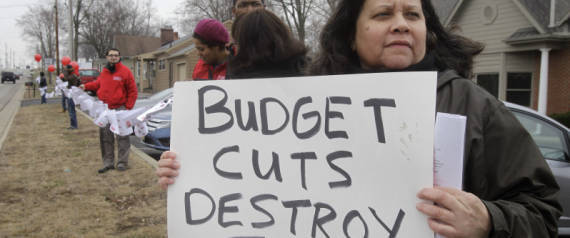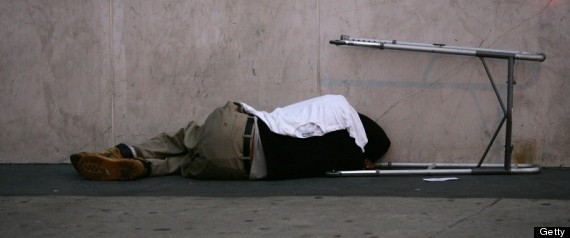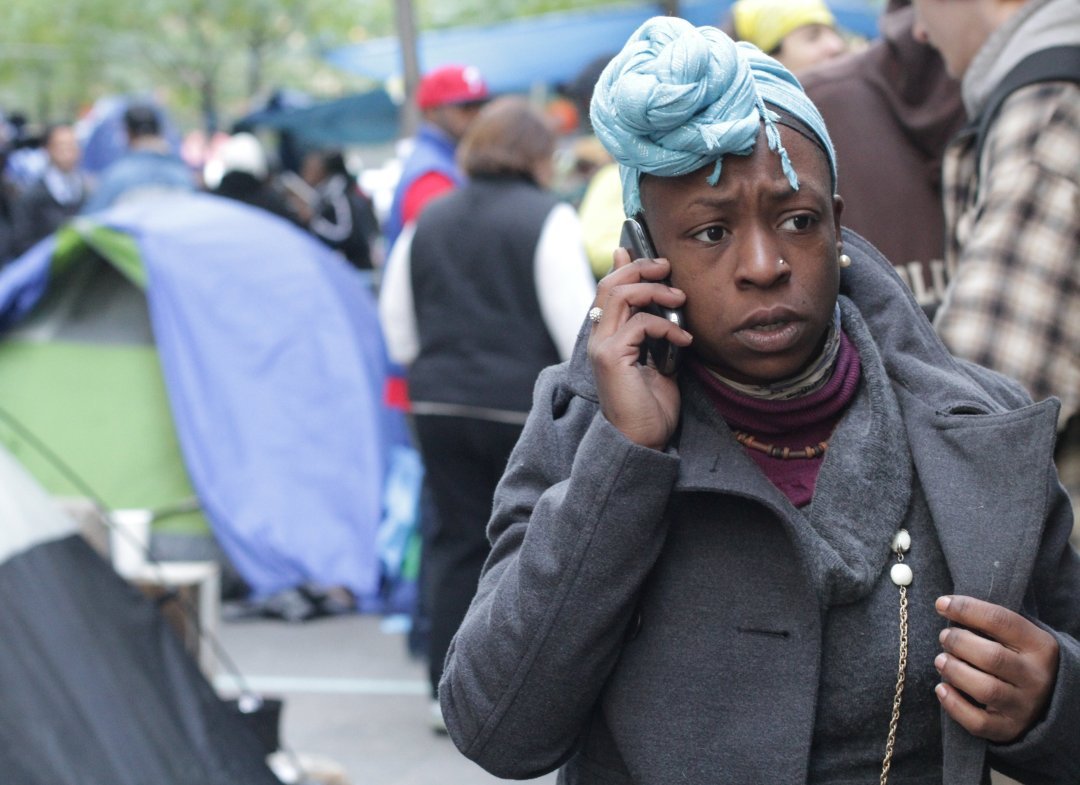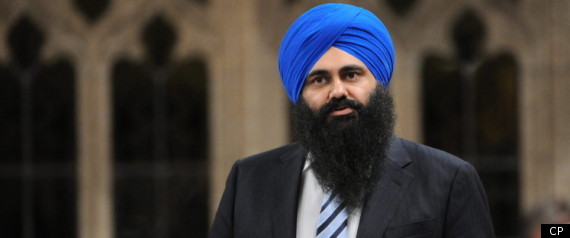Inequality is back in the news, largely thanks to Occupy Wall Street, but with an assist from the Congressional Budget Office. And you know what that means: It’s time to roll out the obfuscators!
Anyone who has tracked this issue over time knows what I mean. Whenever growing income disparities threaten to come into focus, a reliable set of defenders tries to bring back the blur. Think tanks put out reports claiming that inequality isn’t really rising, or that it doesn’t matter. Pundits try to put a more benign face on the phenomenon, claiming that it’s not really the wealthy few versus the rest, it’s the educated versus the less educated.
So what you need to know is that all of these claims are basically attempts to obscure the stark reality: We have a society in which money is increasingly concentrated in the hands of a few people, and in which that concentration of income and wealth threatens to make us a democracy in name only.
The budget office laid out some of that stark reality in a recent report, which documented a sharp decline in the share of total income going to lower- and middle-income Americans. We still like to think of ourselves as a middle-class country. But with the bottom 80 percent of households now receiving less than half of total income, that’s a vision increasingly at odds with reality.
Anyone who has tracked this issue over time knows what I mean. Whenever growing income disparities threaten to come into focus, a reliable set of defenders tries to bring back the blur. Think tanks put out reports claiming that inequality isn’t really rising, or that it doesn’t matter. Pundits try to put a more benign face on the phenomenon, claiming that it’s not really the wealthy few versus the rest, it’s the educated versus the less educated.
So what you need to know is that all of these claims are basically attempts to obscure the stark reality: We have a society in which money is increasingly concentrated in the hands of a few people, and in which that concentration of income and wealth threatens to make us a democracy in name only.
The budget office laid out some of that stark reality in a recent report, which documented a sharp decline in the share of total income going to lower- and middle-income Americans. We still like to think of ourselves as a middle-class country. But with the bottom 80 percent of households now receiving less than half of total income, that’s a vision increasingly at odds with reality.




















